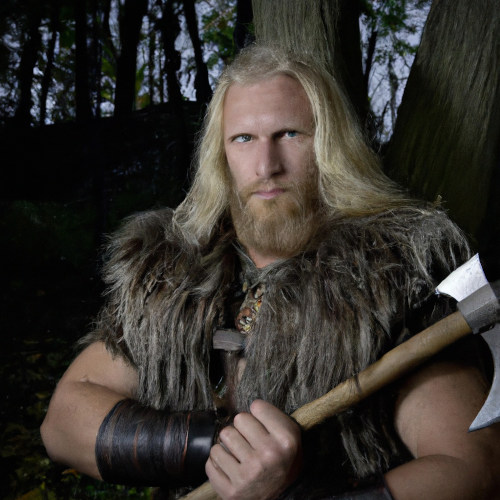
Dedicated for all DNA, Analysis Results, History, Research topics related to: Germanic Baiuvarii
The name of the Baiuvarii, also spelled Baiuvari likely means men from Bohemia. They were a Germanic people who settled in what is today Bavaria and they spoke an early version of the Austro-Bavarian language - they are considered the ancient ancestors of Bavarians, Austrians and South Tyroleans. The Baiuvarii were mentioned in the Frankish Table of Nations in 520 AD as a people with kinship to Burgundians, Thuringians and Longobards. They had funeral traditions similar to the Alemanni but different from the Thunringi. The Baiuvarii are also known for having many individuals with artifically deformed craniums in their cemeteries - usually female as a sign of status. In one Bavarian cemetery dating from 500 AD, males were found to be primarily of north-central European origin - however many females were found to be of Southeast European or East Asian ancestry evidencing significant exogamy.

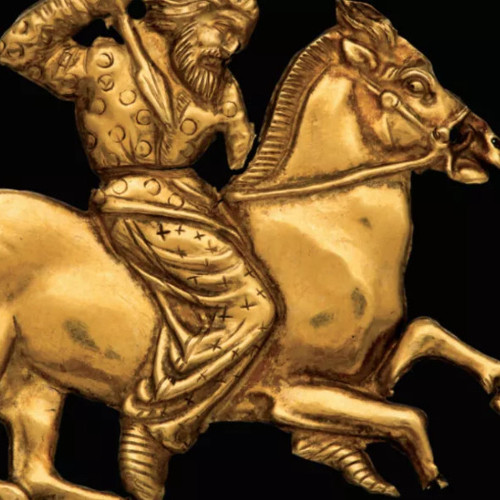

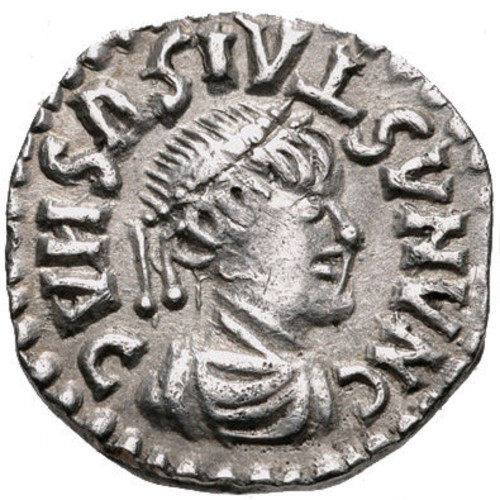


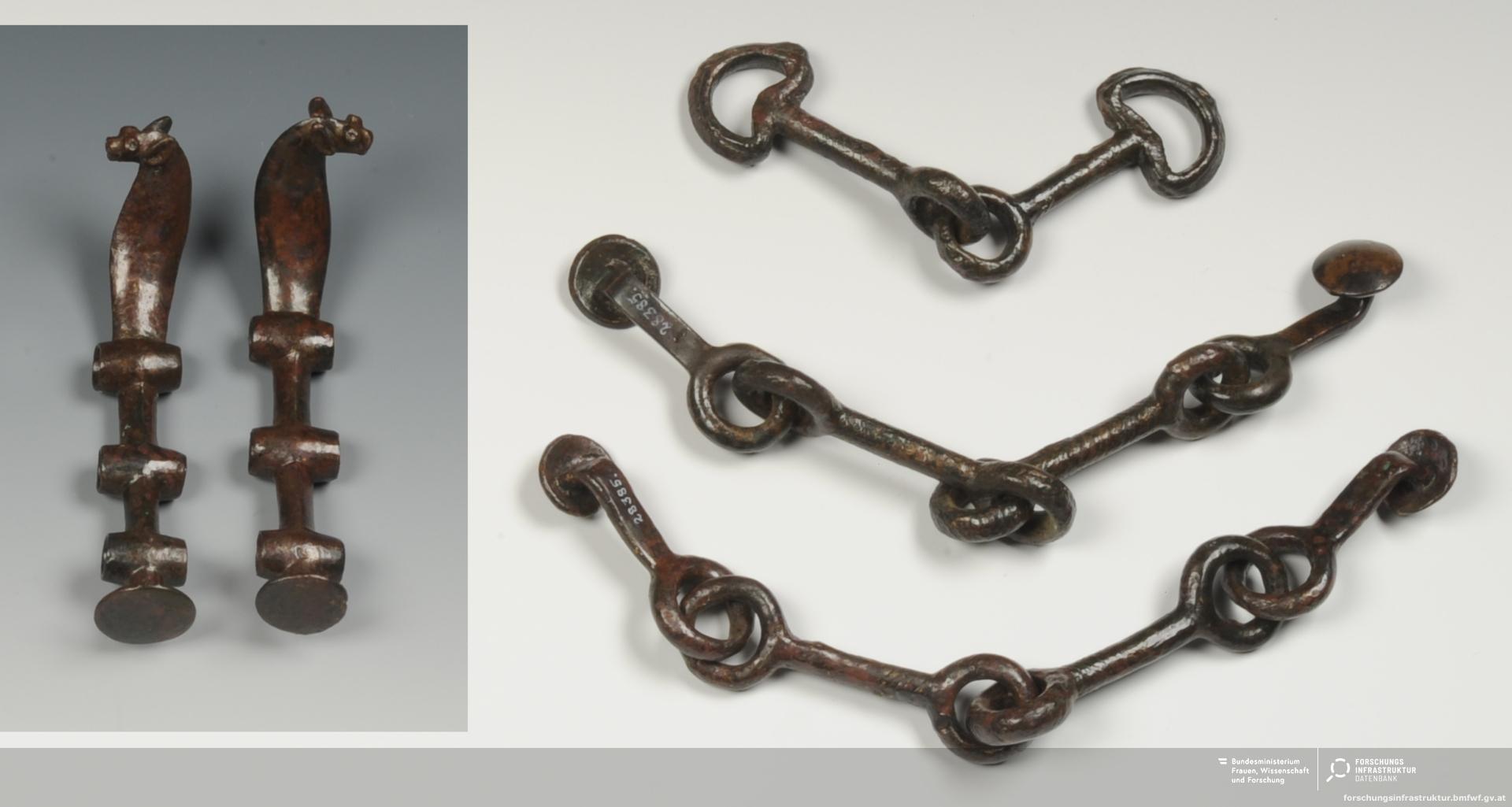

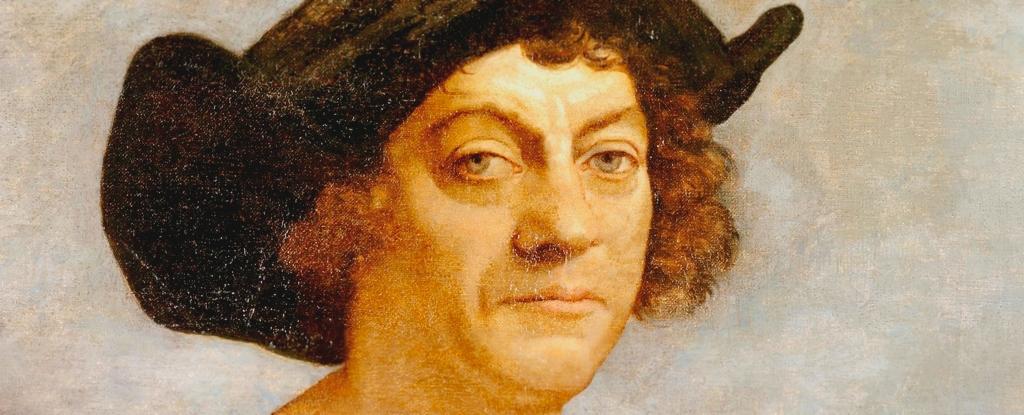
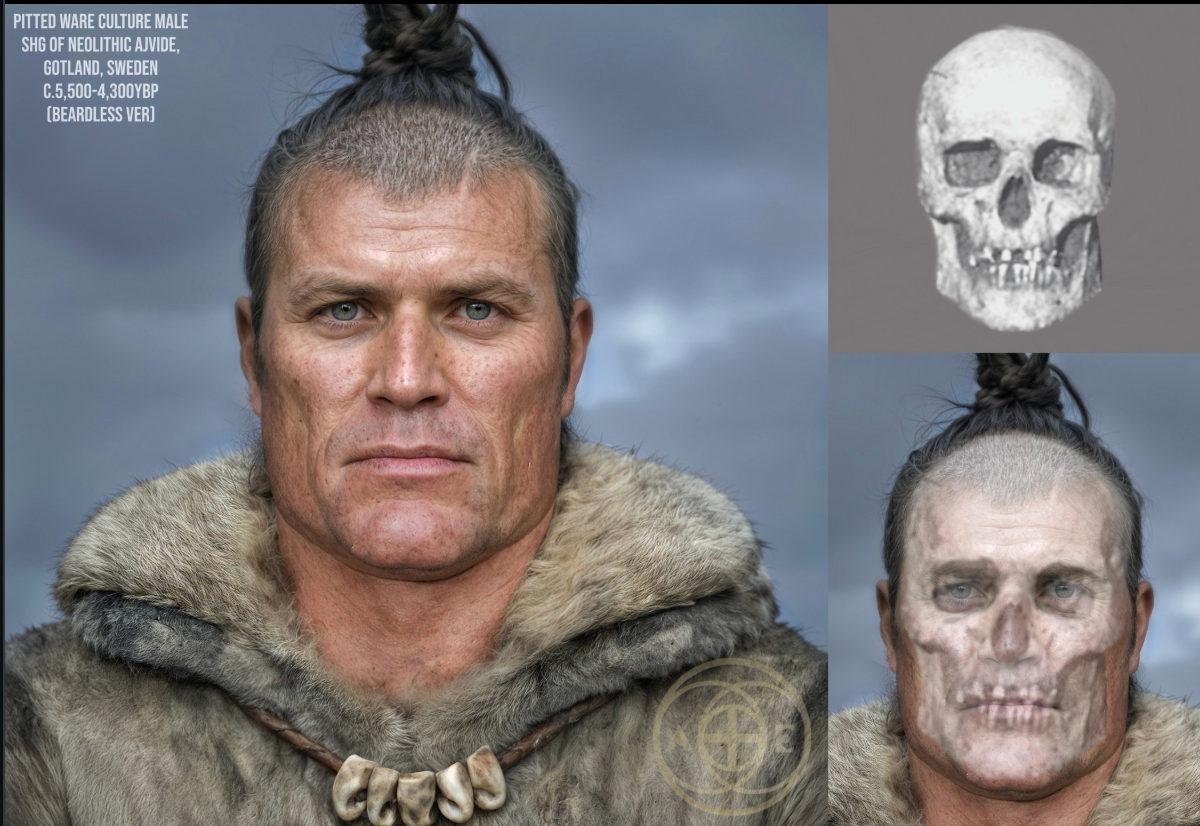
Comments